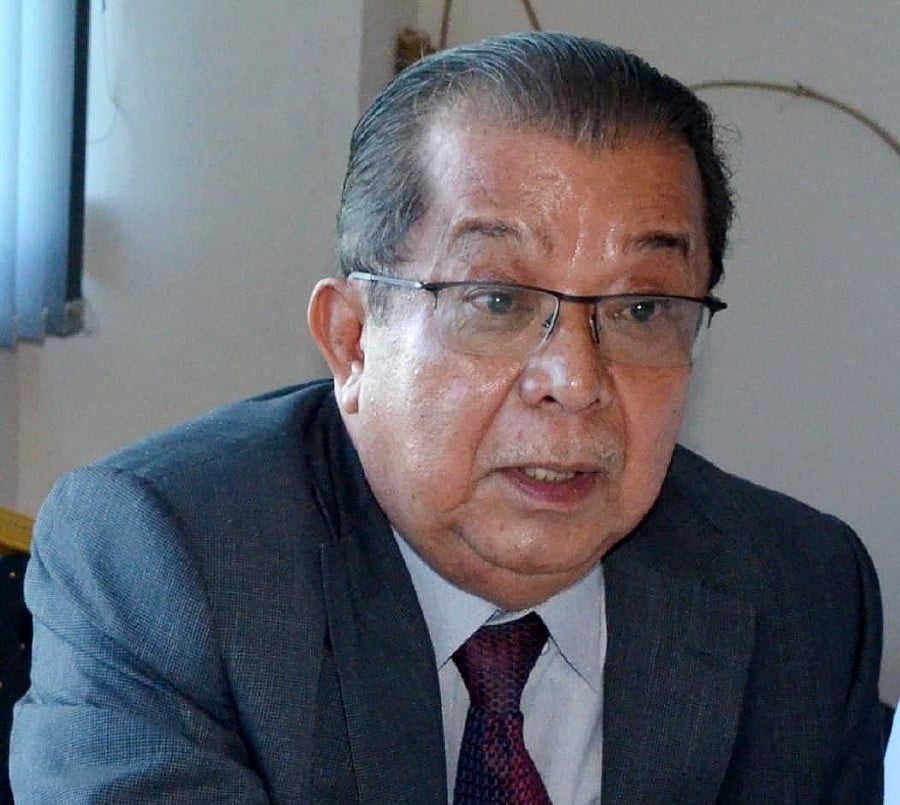By Olivia Miwil - January 30, 2021 @ 10:57am
KOTA KINABALU: Sabah is expected to see its bird's nest industry value grow to RM350 million annually.
State Swiftlet House and Bird's Nest Industry Association president Datuk Karim Bujang said the projection is based on the availability of Sabah-based food testing facilities.
His comments follow the signing of a memorandum of understanding recently between state-owned POIC Sabah Sdn Bhd and CAIQ Test Centre, a facility based in Selangor linked to the Chinese Academy of Inspection and Quarantine (CAIQ).
Karim added that such a centre would also lead to the eventual benchmarking of Sabah bird's nests, whether they are cave or farmed varieties, to ensure premium prices and quality, and potentially attract raw bird's nests from nearby territories to be brought into Sabah for processing.
"Given that China is the main bird's nest market, it will be a big step forward for us if a China-accredited testing facility can be set up in Sabah. We welcome it wholeheartedly.
"A testing facility in Sabah is welcome simply because we, together with Sarawak, are the major producers of both cave and farmed bird's nests.
"It will also enable us to export directly to customers in China without the inconvenience of having to go through Peninsular Malaysia," he said in a statement.
Karim said the association has about 200 members operating swiftlet houses of varying sizes and numbers which collectively would be worth millions of ringgit.
The testing and certification centre in Sabah could address counterfeiting and adulteration, which for a time led to Malaysian bird's nests being banned in China.
"With a Sabah-based testing facility, we can ensure transparency in our supply chain, such as ensuring the source of supply is legitimate, quality branding and fair pricing.
"Eventually, we can think about perhaps having a brand of quality bird's nests named after Borneo.
Southeast Asia is the world's biggest producer of bird's nests with Indonesia in the lead with about 2,000 metric tonnes per year; Malaysia second with about 600 tonnes, Thailand (400) and the Philippines (about five tonnes).
Globally, the sector is estimated to be worth about US$5 billion per annum, with 90 per cent of it is consumed in China.
Malaysia had targeted to achieve RM4.5 billion revenue from bird's nests by 2020.
"It cannot be ascertained if the figure has been achieved, but the Sabah state government has set its own target of producing up to 100 tons per year by 2023.
"Based on a conservative estimate of RM3,000 per kilogramme paid for unprocessed bird's nest, we are looking at a healthy injection of revenue to our state economy," said Karim, who was also a former state assistant finance minister.

Comments
Post a Comment